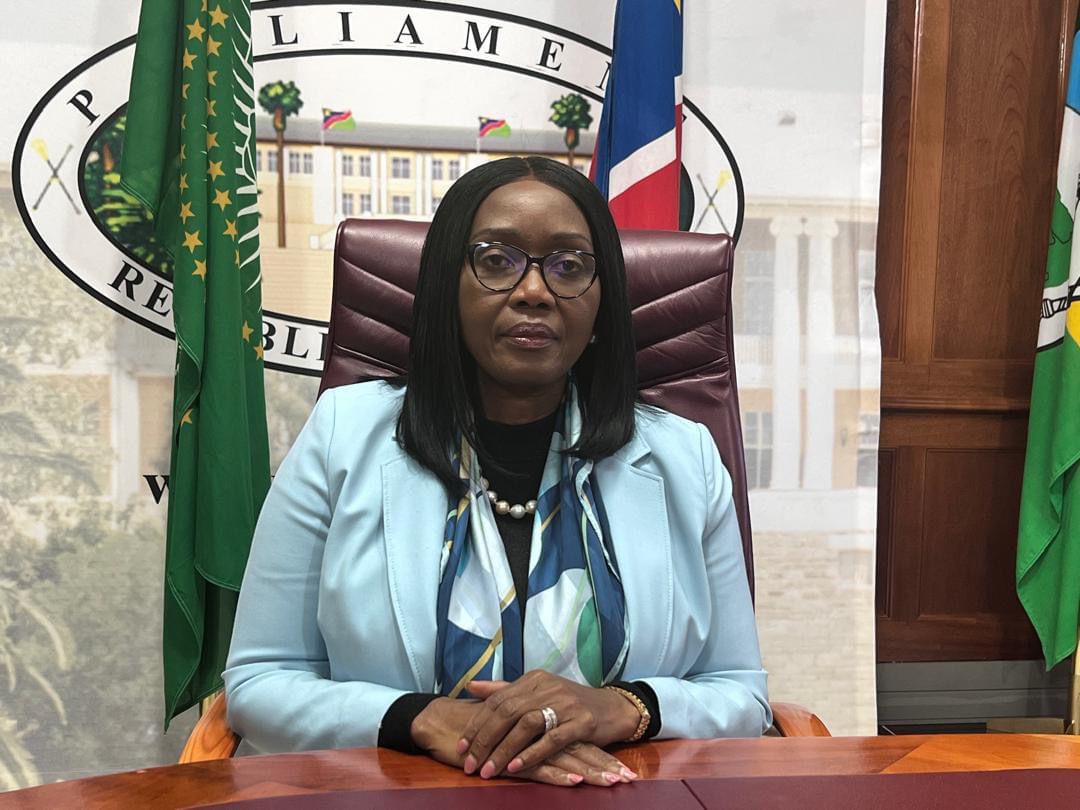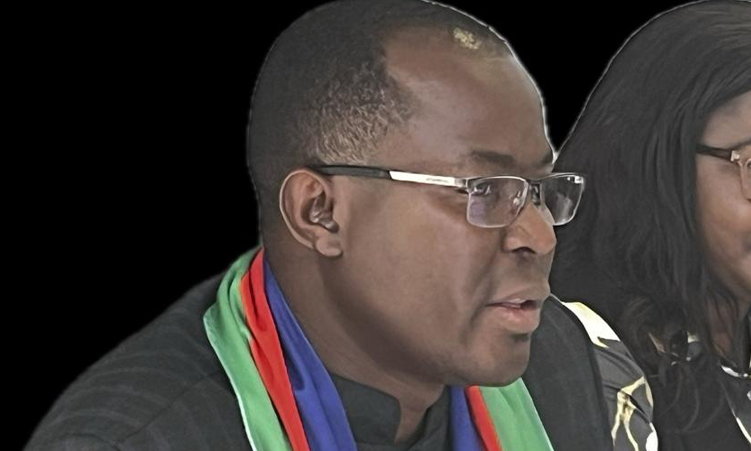Paying maintenance unAfrican – Nekundi
Deputy minister of works and transport Veikko Nekundi wants spousal maintenance to be scrapped from the divorce bill, citing it is not African.
Minister of justice Yvonne Dausab yesterday tabled the long-awaited divorce bill in the National Assembly.
Contributing to the debate, Nekundi was adamant that spousal maintenance does not reflect African culture, adding that no African marries for material benefit, but for love.
“We must remain Africans. I’ve never seen any European parliament adopting African culture. Divorce isn’t part of our values as Africans,” he said.
“I am dismissing this whole thing (spousal maintenance) in context. There should be no justification for that,” he said.
This was challenged by Landless People’s Movement chief whip Utaara Mootu saying in some African cultures one is still required to do spousal maintenance after divorce.
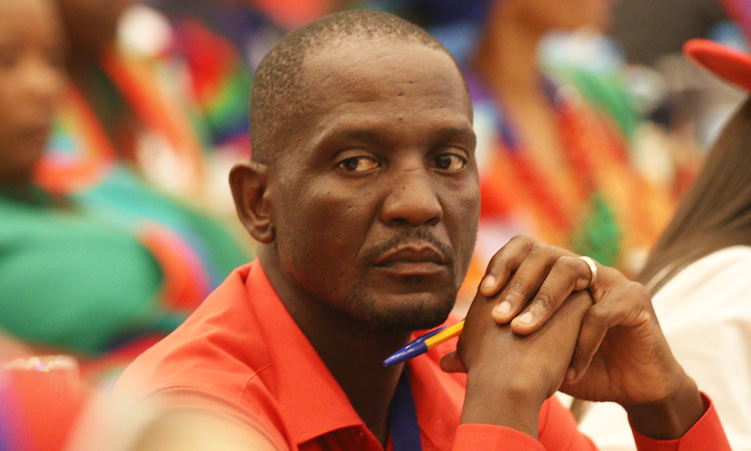
“Based on the African traditions that Nekundi is alluding to, you are still accustomed to taking care of your ex-wife, especially if you are married traditionally. Maybe in your family it’s different,” she said.
Furthermore, Swapo backbencher Tjekero Tweya said the divorce bill should be put on hold until the definition of ‘spouses’ is clarified.
He was referring to the anti-same sex private member’s bill, which stipulates that marriage is an institution between a man and woman.
This bill was passed by the parliament last year.
“We cannot entertain this bill until the definitions are made into law,” he told the National Assembly yesterday.
Tweya was contributing to the debate on the divorce bill.
“The difficulty is the bill says the spouse must be maintained, but does not clearly say who the spouse is. Who is this spouse? We see the ‘children’ who are mentioned here are defined,” he said.
Meanwhile, minister of agriculture, water and land reform Calle Sclettwein said parents have a continued responsibility to maintain children up until adulthood.
“The crucial part should be that children have a prospect of dignified livelihood. Both spouses share the responsibility, the act is blank to ensure that,” he said.
Popular Democratic Movement chief whip Elma Dienda agreed that the bill should not be discussed until the private member’s bill is signed into law by president Nangolo Mbumba.
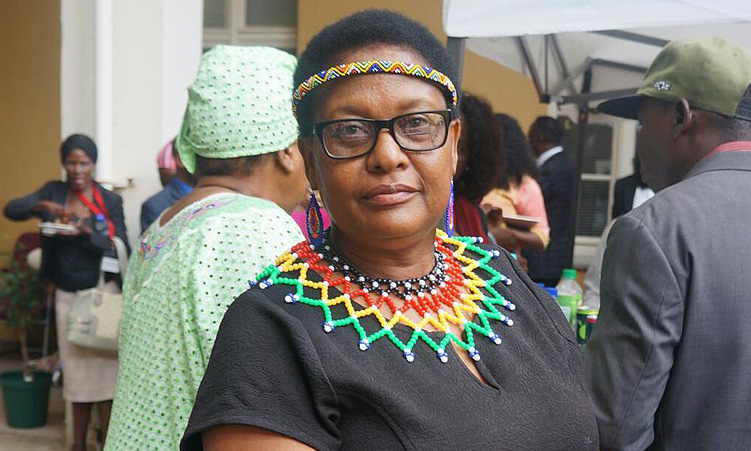
“I feel this bill is really incomplete. In the absence of a definition of ‘spouse’ I will want to refer this document until 26 June and I hope in the meantime, we will rectify this mistake,” she said.
The bill was first on the desk of former president Hage Geingob and is currently with Mbumba.
Presidential spokesperson Alfredo Hengari last month told The Namibian that Mbumba is still consulting on the way forward.
Minister of health and social services Kalumbi Shangula suggested the divorce bill’s name should change.
“I also find that the title of the bill may be objectionable, because it has some negative connotation. Maybe one could consider a more biennial title for the bill.
“I would propose that instead of calling it the divorce bill, we could call it the ‘dissolution of marriage’ bill,” he suggested.
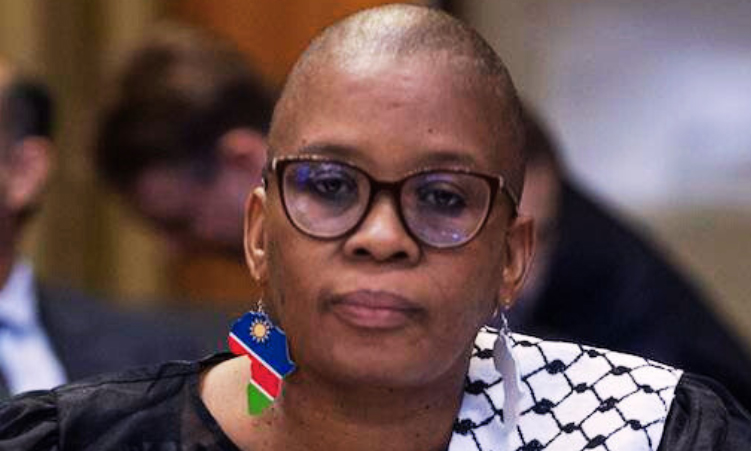
BILL CHANGES
Dausab said the divorce bill promotes access to law by bringing the courts closer to the people through extending jurisdiction to the magistrate’s courts to hear and finalise divorce proceedings.
She said it promotes a divorce system aimed at reconciliation and reducing trauma experienced by the parties to the divorce proceedings and the children of the marriage.
Dausab said the bill provides for incidents where public proceedings would be restricted, and privacy considerations would guide proceedings.
She further said it abolishes the common law grounds for divorce, as well as the grounds that were applied under previous legislation.
“This reflects the changing contemporary societal values and norms. The bill abolishes orders for restitution of conjugal rights and judicial separation.
“These concepts are relics of a bygone era and do not serve the needs of our society, particularly because sometimes couples who are in physically abusive relationships are expected to return home to reconcile,” she said.
According to Dausab, the proposed legislation introduces provisions for the custody, guardianship and access to children, which ensures that the best interests of children are always the primary consideration in divorce proceedings.
She said the bill provides comprehensive guidelines for spousal and child maintenance, addressing the financial and other consequences of divorce.
“Another important subject addressed in the bill is the issue of the forfeiture of benefits with the aim to ensure that neither party unfairly benefits from the dissolution of the marriage, or is prejudiced because of the separation,” she said.
Dausab said the bill intends to provide a legal framework that offers the necessary relief and protection to those in desperate situations, such as victims of domestic abuse or irreparable marital breakdowns.
“Currently, obtaining a divorce, is quite cumbersome. It is often necessary for one party to cite a fault on the part of the other. However, making allegations about a spouse’s conduct within matrimonial proceedings to legally dissolve a marriage has been shown to create or exacerbate conflict during already difficult circumstances.
“It has also often been used to embarrass and humiliate spouses that would otherwise still want to remain in the marriage,” she said.
Stay informed with The Namibian – your source for credible journalism. Get in-depth reporting and opinions for
only N$85 a month. Invest in journalism, invest in democracy –
Subscribe Now!




